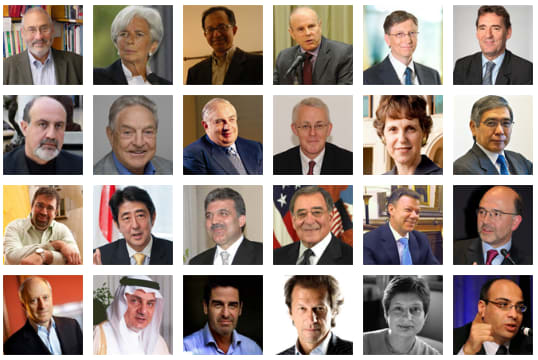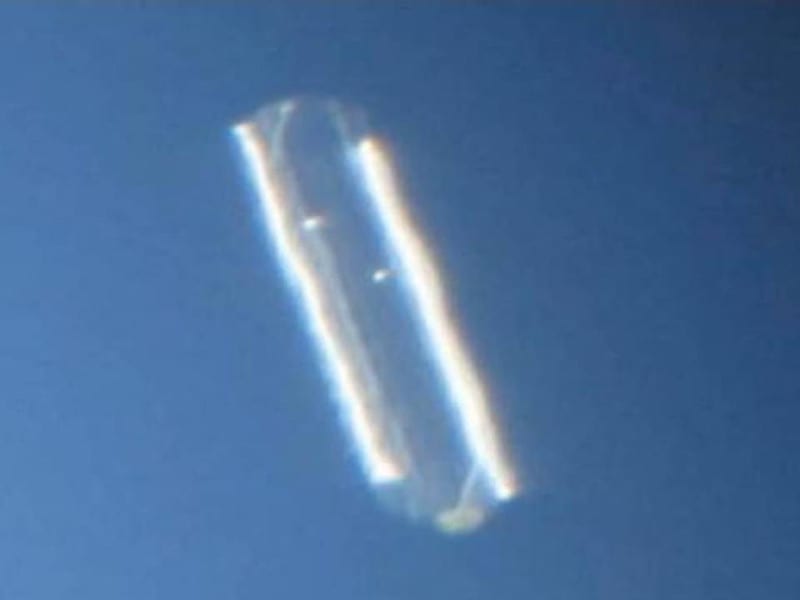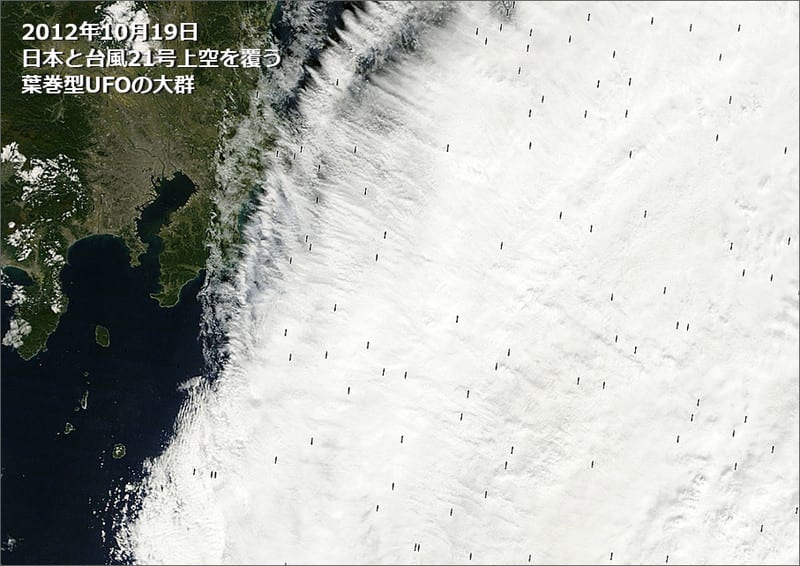安部総理大臣は、
はたして、国民の『負託』を受けた総理大臣か?
そうではない!
国際金融資本の『付託』を受けた
日本総督であろう?!
だから、その責務は国際金融資本に対して負う。そう思わされる事実がある。
常にそうであるが、日本の総理大臣になる前には、必ず、論文テストが在るようである。そのことを如実に示す英語論文が、外国のシンジケート団体に提出されていたようだ。
そして、その内容が、日本のマスコミメディアに取り上げられることはない。
勿論、論文であるから、美辞麗句で覆われているが、要するに、喫緊の国際関係をどのように導いていくかが、示されている。言わば、日本の政治指針をお伺い的に、表明したものだろう。
そこには、日本の国民に説明の必要は当然あるはずであるが、それはない。そして、連動してマスコミは黙視する。明らかに、日本が彼らの要請する国際関係に日本を当てはめることを高らかに宣言した内容だ。
合格だろう?!
だから、日本の総理大臣になることが約されていたのである。あるいは承認されたのであろう。実質、任命権者は、日本国の天皇陛下ではなく、国際金融資本グループであることが示されたわけだ。
だから、メディアは黙視するのである。
それに『不正選挙』まで加わると、次第にその仕組みはバレて、真相を気づく人が増える。メディアが黙視しても、ネットで晒されるから、それに気づく人間も居るわけだ。
日本の政治は、国内があって始まるのではない。ましてや、国民の負託を受けて、総理大臣が決まるのではない。国際金融資本グループの付託があって、日本総督となるのである。
それがいみじくも露呈したと言っても良かろう。それに、『不正選挙』迄が取りだたされた。ちくと雲行きがおかしくなってきた。つまり、これまでの安定的な民主制度の統治システムが、毀損し始めた。それで『不正選挙』まで至ったのだろう。
メディアの洗脳もここまでか?
阿部晋三総理大臣閣下、合格おめでとう、と言うのが、真実に近いであろう。しかし、当の国際金融資本グループも何時までも持たないだろう。そういう形勢を感じるのは自分だけか・・・?
これは妄想かも知れないが、地球に取り巻く超大型UFOは、数万機に及ぶだろう。その一機に乗船する乗組員は、数千人では効かないだろう。数万人、あるいは十数万人と考えられる。
総数では幾人になるだろう?
その人々は確実に存在する。未だ、目覚めない地球人を干渉を最小限にして、見守っているとしたら、どちらが消えゆく存在かは、明らかになる。そういう観点で眺めていれば、如何に心安らかな想いで居られるか、『妄想』を高める毎日だ。
お天道様どころか、近頃は一億近いエイリアンが眺めているという寸法になってきた!
【転載開始】2013年1月10日木曜日
なぜか報道されない安倍総理のセキュリティダイアモンド構想

プラハに本拠を置く国際NPO団体「プロジェクトシンジケート」のウェブサイトに、12月27日付けで安倍晋三首相の英語論文が掲載された。しかし国内メディアはこの論文に沈黙を守っている。安倍総理は何を語ったのか。
今、日本では奇妙奇天烈な事態が起きている。日本の総理大臣が英語で世界に訴えた論文を、当の日本メディアが一切取り上げようとしないのだ。
そもそも安倍総理が英語で論文を発表していたということ自体、初耳だという人がほとんどなのではないか。
安倍総理が論文を発表したのはプラハに本拠を置く国際NPO団体「プロジェクトシンジケート」のウェブサイトである。プロジェクトシンジケートは世界各国の新聞社・通信社と提携しており、各国要人のインタビュー記事を配信するなど実績あるNPOだ。
その格調高さは安倍総理以外の寄稿者の顔ぶれを見ても一目瞭然だろう。ジョージ・ソロス、ジョセフ・スティグリッツ、ビル・ゲイツ、マイケル・サンデル、クリスティーヌ・ラガルド、などなど。
2月に出版されるプロジェクトシンジケート叢書では、安倍総理の論文がこれら寄稿者の劈頭を飾ることになるようだが、気づいていないのか、知っていて無視を決め込んでいるのか、日本マスコミの沈黙は不気味としか言いようがない。
自国の宰相が英文で世界に訴えたメッセージを、当の日本国民が知らぬ存ぜぬでは、世界に対してあまりに恥ずかしいというものではないか。しかも朝日・読売・日経といった国内大手新聞はプロジェクトシンジケートと提携しているにもかかわらずだ。
当方はこんな奇妙奇天烈な事態を黙過しがたい。そこでガラにもなく安倍総理の英語論文を訳してみることにした。翻訳の専門家ではないので誤訳・迷訳・欠陥翻訳はご愛敬として読み捨てていただきたい。大意を汲んでいただければ十分である。
【原文】Asia’s Democratic Security Diamond
<figure class="rel_image"><figcaption>
TOKYO ? In the summer of 2007, addressing the Central Hall of the Indian Parliament as Japan’s prime minister, I spoke of the “Confluence of the Two Seas” ? a phrase that I drew from the title of a book written by the Mughal prince Dara Shikoh in 1655 ? to the applause and stomping approval of the assembled lawmakers. In the five years since then, I have become even more strongly convinced that what I said was correct.Illustration by Steve Ansul
</figcaption></figure>CommentsPeace, stability, and freedom of navigation in the Pacific Ocean are inseparable from peace, stability, and freedom of navigation in the Indian Ocean. Developments affecting each are more closely connected than ever. Japan, as one of the oldest sea-faring democracies in Asia, should play a greater role in preserving the common good in both regions.
CommentsYet, increasingly, the South China Sea seems set to become a “Lake Beijing,” which analysts say will be to China what the Sea of Okhotsk was to Soviet Russia: a sea deep enough for the People’s Liberation Army’s navy to base their nuclear-powered attack submarines, capable of launching missiles with nuclear warheads. Soon, the PLA Navy’s newly built aircraft carrier will be a common sight ? more than sufficient to scare China’s neighbors.
CommentsThat is why Japan must not yield to the Chinese government’s daily exercises in coercion around the Senkaku Islands in the East China Sea. True, only Chinese law-enforcement vessels with light weaponry, not PLA Navy ships, have entered Japan’s contiguous and territorial waters. But this “gentler” touch should fool no one. By making these boats’ presence appear ordinary, China seeks to establish its jurisdiction in the waters surrounding the islands as a fait accompli.
CommentsIf Japan were to yield, the South China Sea would become even more fortified. Freedom of navigation, vital for trading countries such as Japan and South Korea, would be seriously hindered. The naval assets of the United States, in addition to those of Japan, would find it difficult to enter the entire area, though the majority of the two China seas is international water.
CommentsAnxious that such a development could arise, I spoke in India of the need for the Indian and Japanese governments to join together to shoulder more responsibility as guardians of navigational freedom across the Pacific and Indian oceans. I must confess that I failed to anticipate that China’s naval and territorial expansion would advance at the pace that it has since 2007.
CommentsThe ongoing disputes in the East China Sea and the South China Sea mean that Japan’s top foreign-policy priority must be to expand the country’s strategic horizons. Japan is a mature maritime democracy, and its choice of close partners should reflect that fact. I envisage a strategy whereby Australia, India, Japan, and the US state of Hawaii form a diamond to safeguard the maritime commons stretching from the Indian Ocean region to the western Pacific. I am prepared to invest, to the greatest possible extent, Japan’s capabilities in this security diamond.
CommentsMy opponents in the Democratic Party of Japan deserve credit for continuing along the path that I laid out in 2007; that is to say, they have sought to strengthen ties with Australia and India.
CommentsOf the two countries, India ? a resident power in East Asia, with the Andaman and Nicobar Islands sitting at the western end of the Strait of Malacca (through which some 40% of world trade passes) ? deserves greater emphasis. Japan is now engaged in regular bilateral service-to-service military dialogues with India, and has embarked on official trilateral talks that include the US. And India’s government has shown its political savvy by forging an agreement to provide Japan with rare earth minerals ? a vital component in many manufacturing processes ? after China chose to use its supplies of rare earths as a diplomatic stick.
CommentsI would also invite Britain and France to stage a comeback in terms of participating in strengthening Asia’s security. The sea-faring democracies in Japan’s part of the world would be much better off with their renewed presence. The United Kingdom still finds value in the Five Power Defense Arrangements with Malaysia, Singapore, Australia, and New Zealand. I want Japan to join this group, gather annually for talks with its members, and participate with them in small-sized military drills. Meanwhile, France’s Pacific Fleet in Tahiti operates on a minimal budget but could well punch above its weight.
CommentsThat said, nothing is more important for Japan than to reinvest in its alliance with the US. In a period of American strategic rebalancing toward the Asia-Pacific region, the US needs Japan as much as Japan needs the US. Immediately after Japan’s earthquake, tsunami, and nuclear disaster in 2011, the US military provided for Japan the largest peacetime humanitarian relief operation ever mounted ? powerful evidence that the 60-year bond that the treaty allies have nurtured is real. Deprived of its time-honored ties with America, Japan could play only a reduced regional and global role.
CommentsI, for one, admit that Japan’s relationship with its biggest neighbor, China, is vital to the well-being of many Japanese. Yet, to improve Sino-Japanese relations, Japan must first anchor its ties on the other side of the Pacific; for, at the end of the day, Japan’s diplomacy must always be rooted in democracy, the rule of law, and respect for human rights. These universal values have guided Japan’s postwar development. I firmly believe that, in 2013 and beyond, the Asia-Pacific region’s future prosperity should rest on them as well.
CommentsShinzo Abe is Prime Minister of Japan and President of the Liberal Democratic Party. He wrote this article in mid November, before Japan’s elections.













